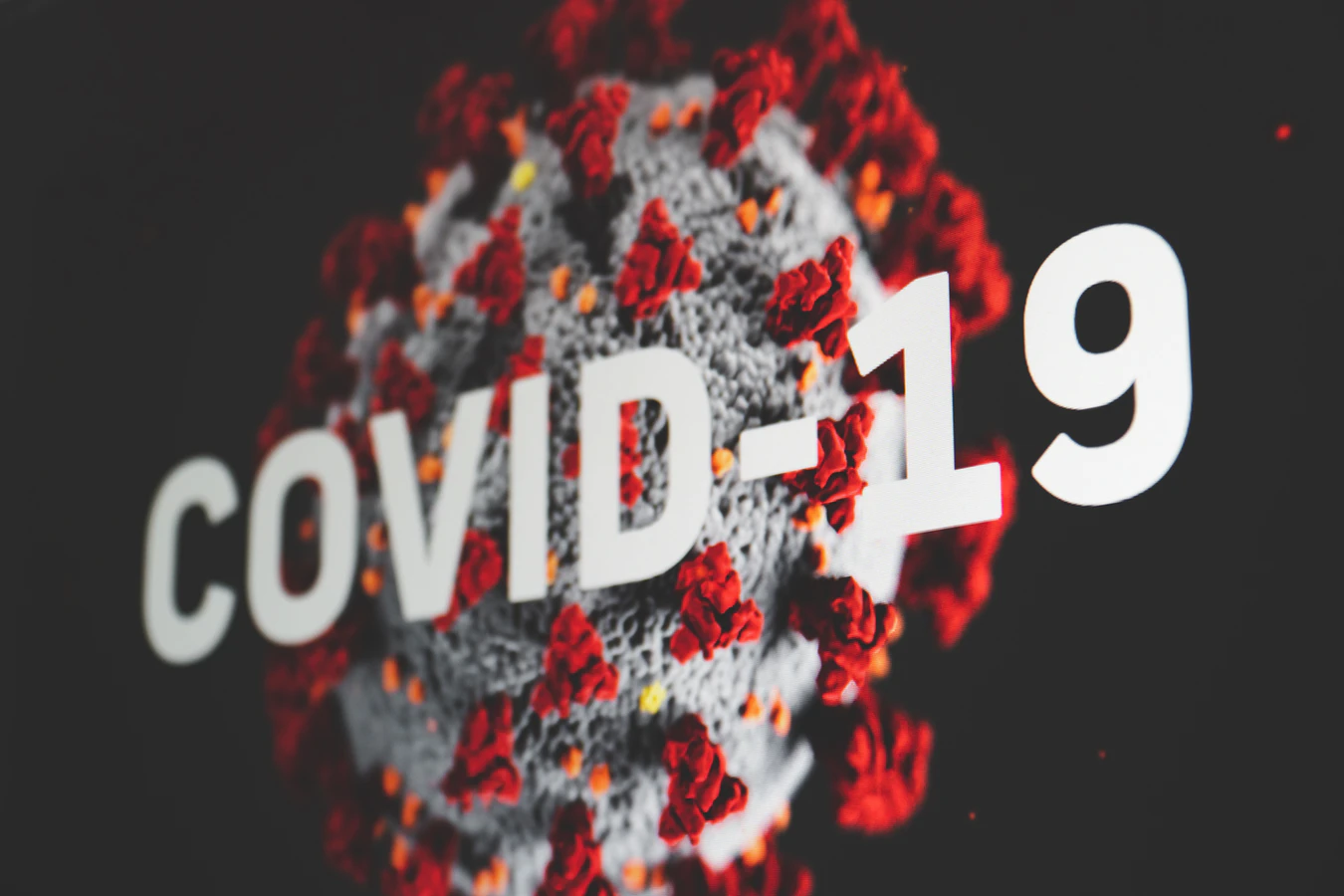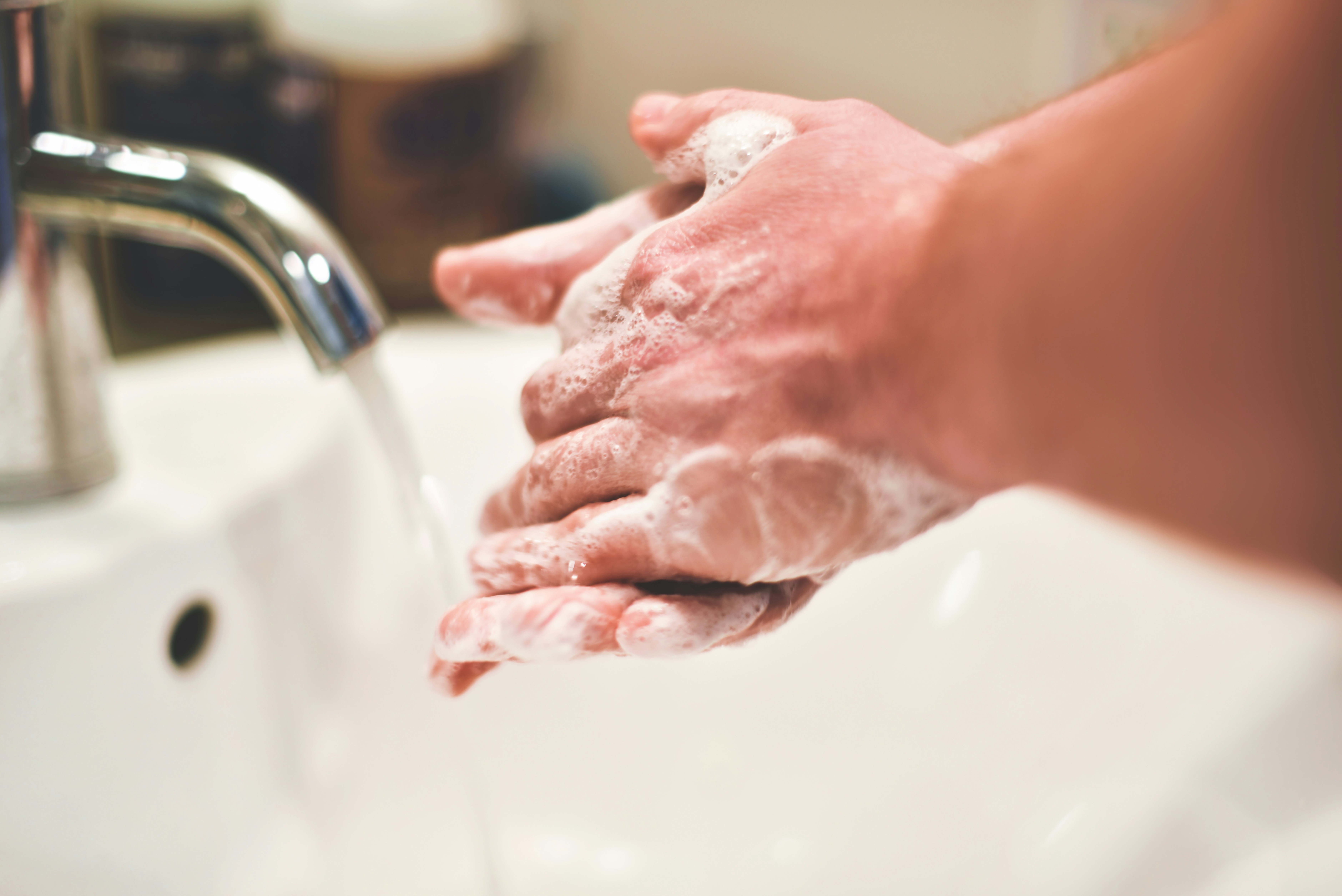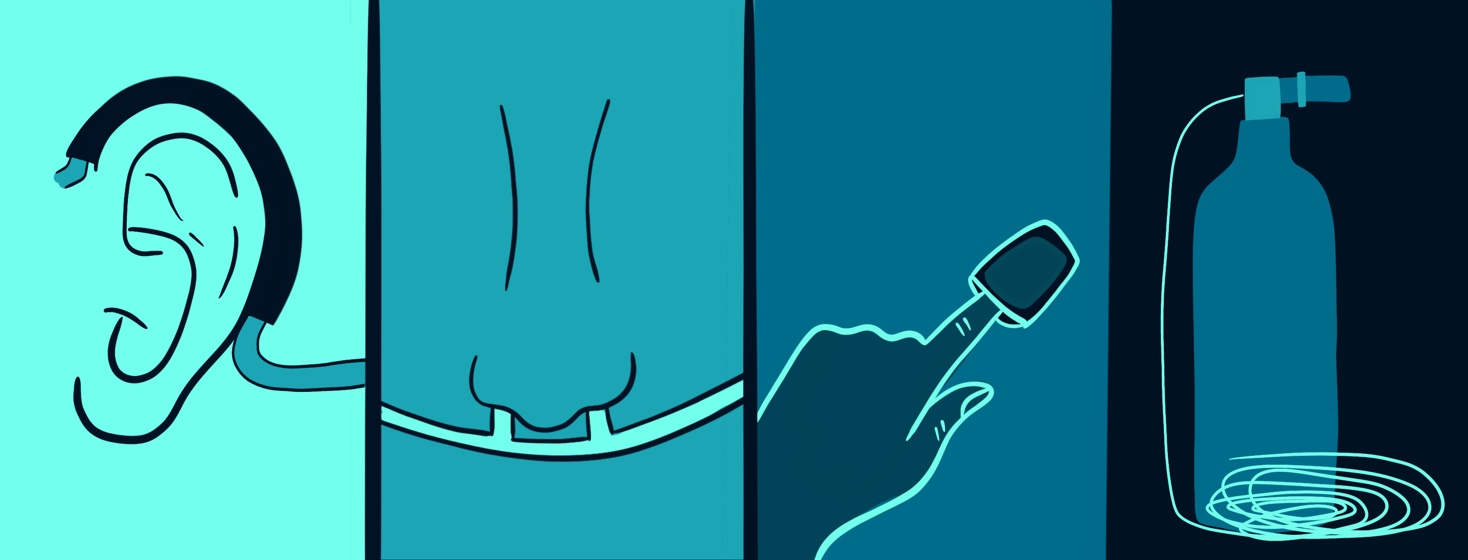Is your baby sleeper safe? What sleep experts recommend
By Claudia Boyd-Barrett | 27 January 2021 | 0 Comments
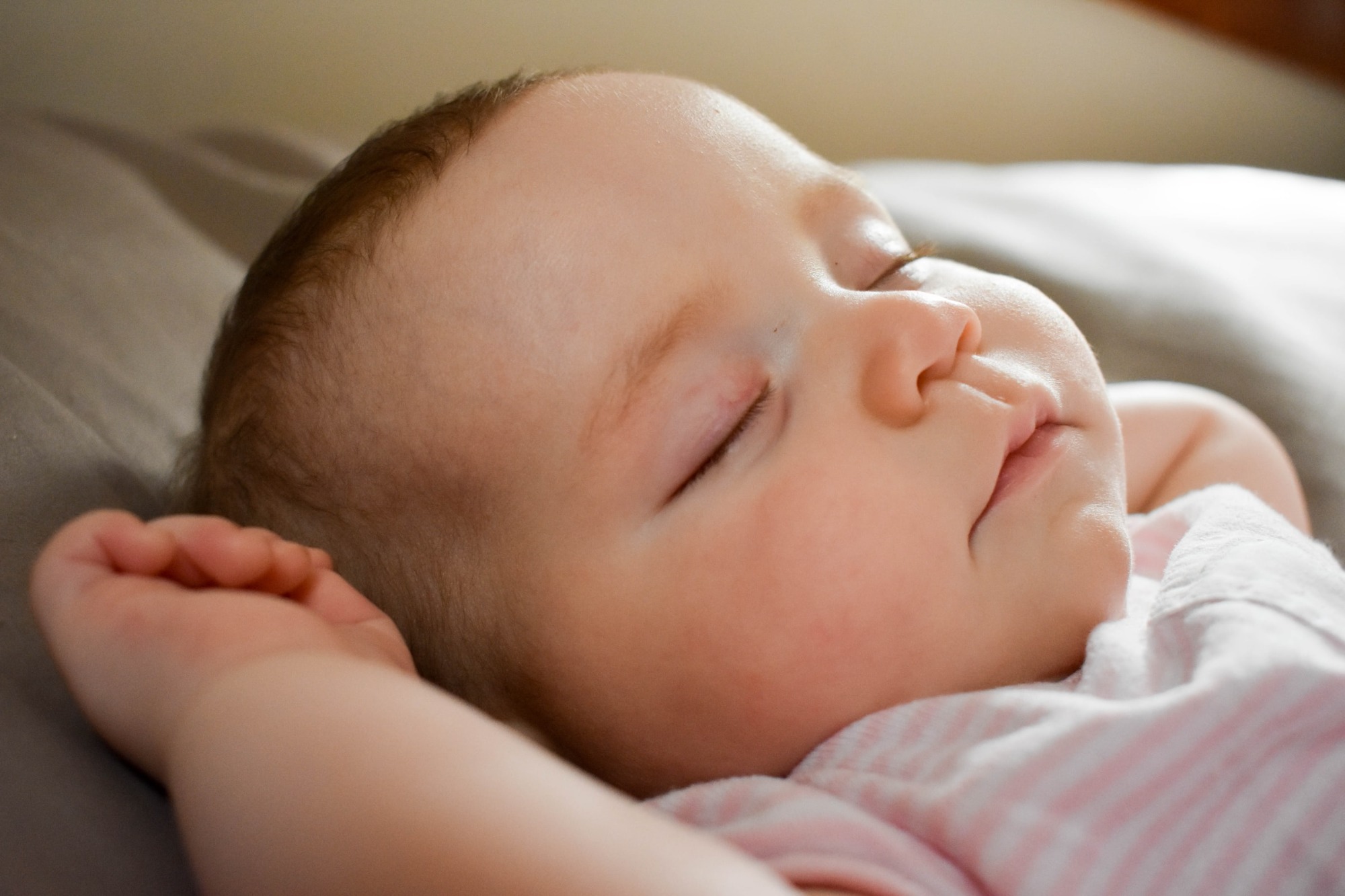
In 2019, Fisher-Price Rock 'n Play and other "inclined sleepers" were recalled after they were associated with at least 50 infant deaths. A story by the Washington Post raised further questions about how these sleepers were designed and regulated, as well as reminding parents about the importance of following safe sleep guidelines to reduce the risk of sudden infant death syndrome (SIDS). A Consumer Reports article updated for 2020 now warns parents that despite the recalls, manufacturers including Baby Delight, Evenflo, Chicco, and Hiccapop still sell inclined sleep products. See below for Consumer Reports' list of inclined sleep products that pose a danger to babies.
The American Academy of Pediatrics (AAP) recommends against letting babies sleep on an incline or in any product that requires restraining the baby, especially if it rocks. That's because an incline position could potentially squish a baby's airways, preventing him from breathing properly. And straps could lead to strangulation.
Questions about how the inclined sleepers got on the market in the first place, and whether there are inherent flaws in how infant sleep products are regulated, will undoubtedly be scrutinized by legal experts and lawmakers in the months ahead. In the meantime, you can take proactive steps to make sure your baby sleeps safely by learning about the AAP's recommendations and looking for products that meet safe sleep guidelines.
To help you take action, here's the latest on recalled sleepers, some suggestions for safer alternatives, and a quick guide to the must-dos of the medically approved basics of safe sleep:
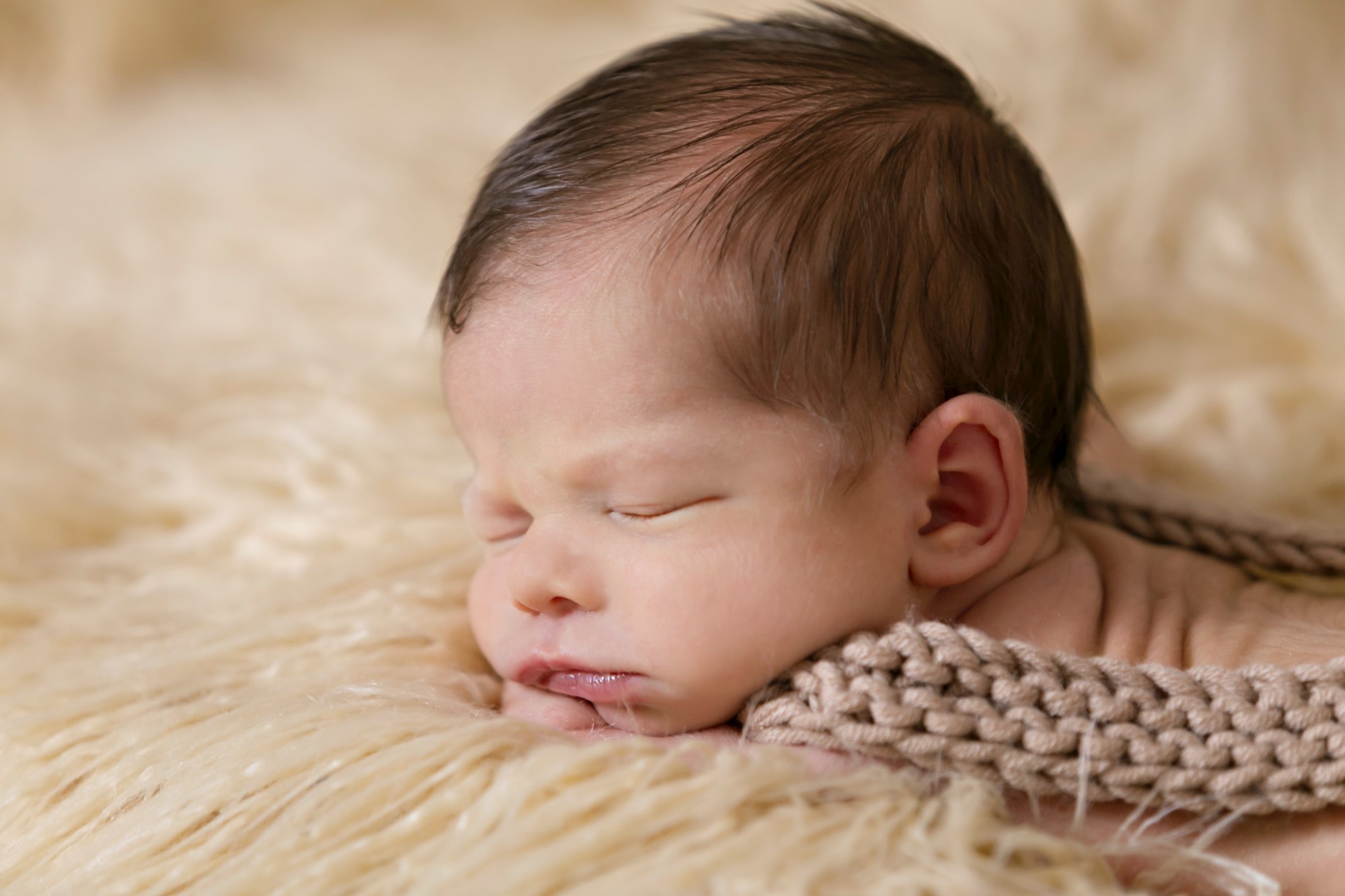
Recalled sleepers
So far, the U.S. Consumer Product Safety Commission has announced recalls for more than 5 million inclined sleepers and sleeper accessories.
Fisher-Price Rock 'n Play. This is by far the most widely sold inclined sleeper, with 4.7 million on the recall list. Since it began selling in 2009, more than 30 babies have died in these sleepers, according to the safety commission.
Kids II Rocking Sleepers. These products are sold under many different brand names, including Dis-ney, DreamComfort, Ingenuity, and Bright Starts. Read the recall notice for a complete list of brand names.
Fisher-Price inclined sleeper accessory sold with Ultra-Lite Day & Night Play Yards. The sleeper accessory was recalled in the United States on June 27, 2019, because of fatalities associated with other inclined sleep products. Read the recall notice for more information.
Dis-ney Baby Doze and Dream Bassinet (model BT071DHS). This bassinet was recalled in the United States on July 31, 2019, by Dorel Juvenile Group USA due to fatalities associated with similar reclined sleepers. Read the recall notice for more information.
Eddie Bauer Slumber and Soothe Rock Bassinet (model BT055CSY). This bassinet was recalled in the United States on July 31, 2019, by Dorel Juvenile Group USA due to fatalities associated with similar reclined sleepers. Read the recall notice for more information.
Keep in mind that the AAP recommends against using inclined sleepers in general. Consumer Product Safety Commission officials have also cited concerns about safety labels and standards for all inclined sleepers. If you have an inclined sleeper, it's a good idea to look for an alternative sleeping place for your baby, even if your sleeper isn't on the recall list.
Inclined sleepers to avoid
The following products were, or continue to be, marketed primarily for sleep, and have inclines greater than 10 degrees, which increases the danger of airway compression and suffocation, according to the AAP. Consumer reports Coadvises parents not to buy or use these products.
Hiccapop DayDreamer
Baby Delight Go With Me Sway Portable Infant Rocker
Baby Delight Nestle Nook Comfort Plush Infant Napper
SwaddleMe By Your Bed Sleeper
Chicco Lullaby Dream Playard’s inclined napper insert
Multipurpose products that should not be used for sleep
Many products are marketed as rockers, bouncers, or swings as well as for sleep. Consumer Reports warns that these products are fine for children who are awake, but parents should supervise children carefully and transfer them to a firm, flat surface like a crib or bassinet if they fall asleep.
Graco Duet Glider LX Gliding Swing
Graco DreamGlider Gliding Seat & Sleeper
Nuna Leaf Grow Bouncer
Tiny Love 3-in-1 Rocker Napper and Tiny Love Cozy Rocker Napper
Fisher-Price 4-in-1 Rock 'n Glide Soother
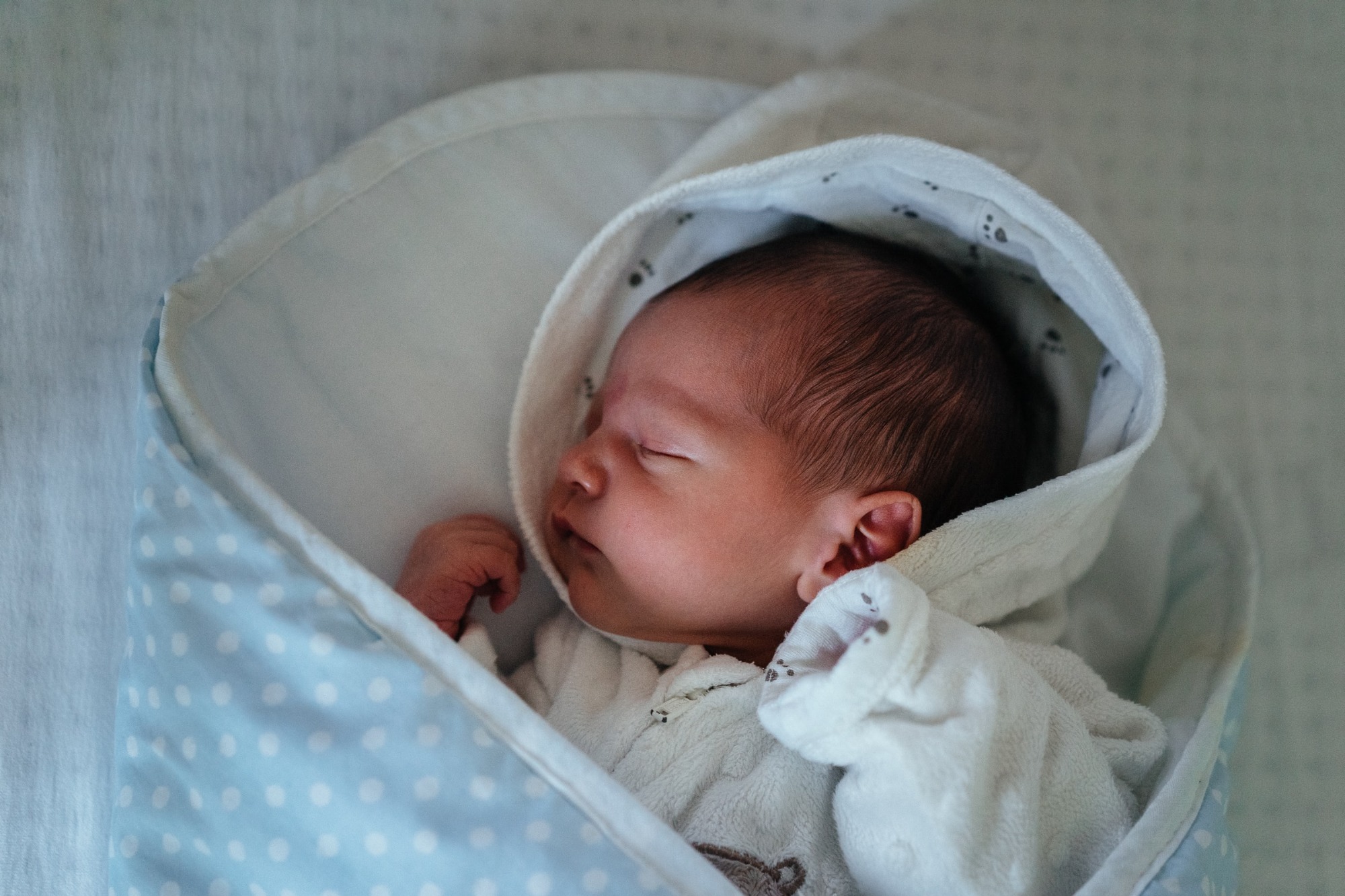
7 ways to make sure your baby sleeps safely
Not all cases of SIDS can be explained or prevented, but experts do know that following these safe sleep guidelines can significantly reduce your baby's risk of sleep-related death.
- Put her on her back to sleep: Until she turns 1 year old, always put your baby to sleep on her back, whether you're putting her down for a nap or for the night. If she rolls over, gently put your baby on her back again (you don't need to do this once your baby is comfortably able to roll from tummy to back, and back to tummy by herself).
- Make it flat and firm: Your baby should sleep on a firm, flat surface that doesn't indent when your baby is lying on it. This could be a crib, bassinet, portable crib, or play yard with a firm mattress and sheet designed to fit the product. Never let your baby sleep on a sofa, couch, or armchair.
- Keep sleeping surfaces clear: Remove loose blankets, toys, bumper pads, and any other objects from your baby's sleeping place. These increase the risk of strangulation and suffocation.
- Move your baby if necessary: If your baby falls asleep in a car seat, stroller, swing, or on other non-flat surfaces, move her to a flat and firm sleep surface and place her on her back as soon as possible.
- Share a room, but not a bed: The AAP recommends keeping your baby's crib or other sleeping places close to your bed for at least the first 6 months. But don't let your baby sleep in your bed. If she falls asleep while you're feeding or comforting her in your bed, move her to her own bed.
- Breastfeed: Breastfeeding has been shown to reduce SIDS risk. Ideally, exclusively breastfeed your baby for the first 6 months of life, and continue breastfeeding after she starts solid food until she's at least a year old.
- Be suspicious of products that claim to reduce SIDS: Some products such as wedges, sleep positioners, and certain mattresses are marketed as reducing SIDS risk. There are no studies to support these claims, according to the AAP.
SIDS(Sudden Infant Death Syndrome) is a reality that no parent wants to experience. Look for products that promote proper sleep positions that aren't on the CPSC recall list. With care, you can help your baby get a truly good nap or night's sleep.
For more information:
Our official website home page: www.mommed.com
Our Facebook page: www.facebook.com/mommedcare
Our Instagram: https://www.instagram.com/mommedcare/
https://www.instagram.com/mommedofficial/
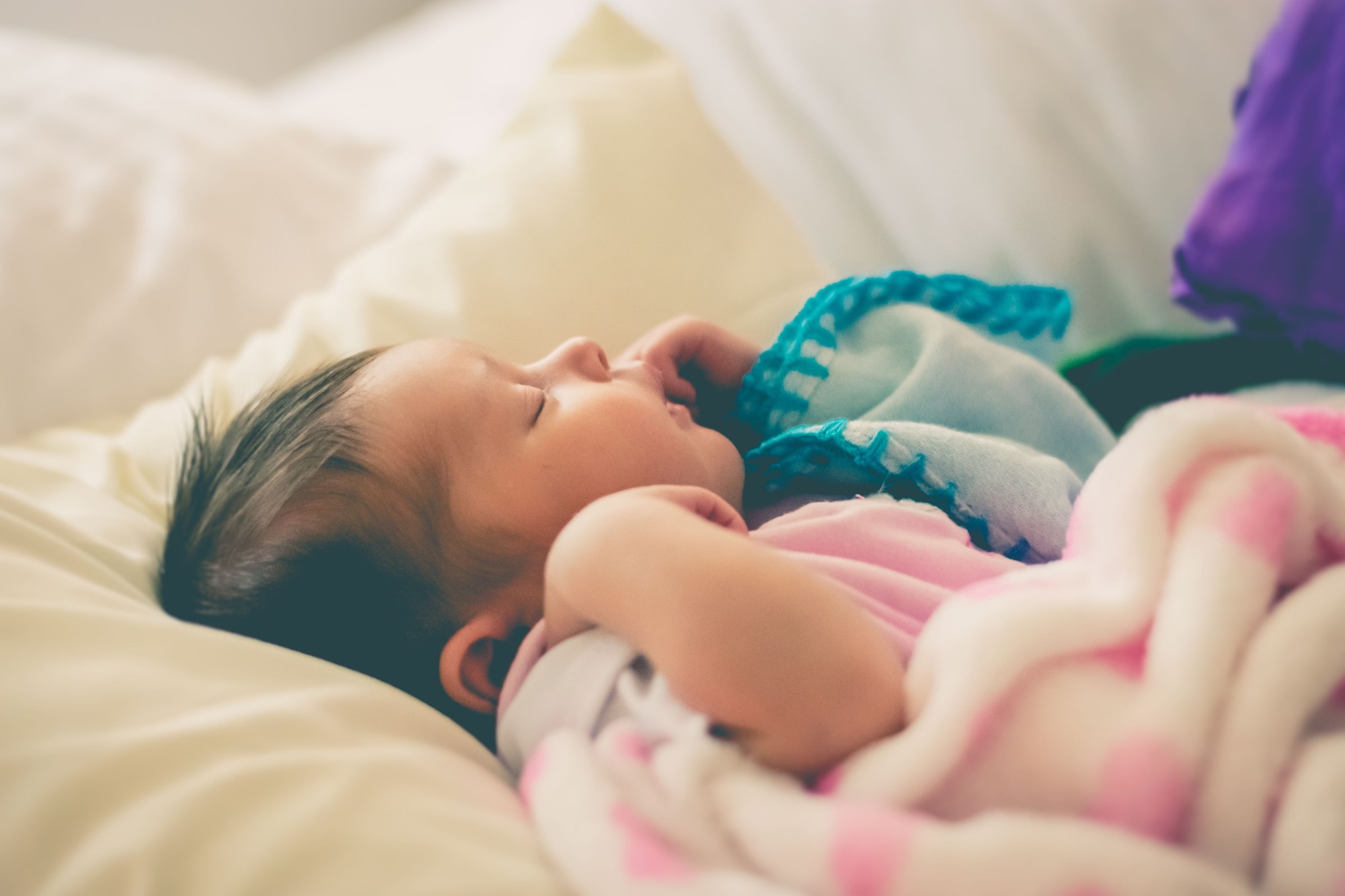
More Related:
Leave a Reply
Your email address will not be published.Required fields are marked. *
